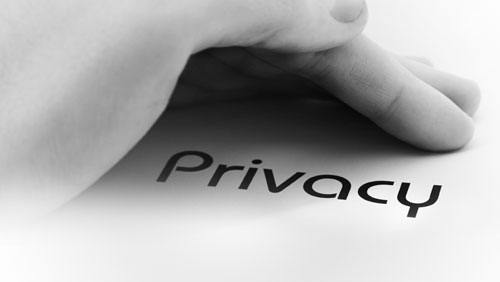
Imagine a world where mosquito-sized robots fly around stealing samples of your DNA. Or where a department store knows from your buying habits that you’re pregnant even before your family does.
That is the terrifying dystopian world portrayed by a group of Harvard professors at the World Economic Forum in Davos on Thursday, where the assembled elite heard that the notion of individual privacy is effectively dead.
“Welcome to today. We’re already in that world,” said Margo Seltzer, a professor in computer science at Harvard University.
“Privacy as we knew it in the past is no longer feasible… How we conventionally think of privacy is dead,” she added.
Another Harvard researcher into genetics said it was “inevitable” that one’s personal genetic information would enter more and more into the public sphere.
Sophia Roosth said intelligence agents were already asked to collect genetic information on foreign leaders to determine things like susceptibility to disease and life expectancy.
“We are at the dawn of the age of genetic McCarthyism,” she said, referring to witch-hunts against Communists in 1950s America.
What’s more, Seltzer imagined a world in which tiny robot drones flew around, the size of mosquitoes, extracting a sample of your DNA for analysis by, say, the government or an insurance firm.
Invasions of privacy are “going to become more pervasive,” she predicted.
“It’s not whether this is going to happen, it’s already happening… We live in a surveillance state today.”
– ‘Nasty little cousin’ –
Political scientist Joseph Nye tackled the controversial subject of encrypted communications and the idea of regulating to ensure governments can always see even encrypted messages in the interests of national security.
“Governments are talking about putting in back doors for communication so that terrorists can’t communicate without being spied on. The problem is that if governments can do that, so can the bad guys,” Nye told the forum.
“Are you more worried about big brother or your nasty little cousin?”
However, despite the pessimistic Orwellian vision, the academics were at pains to stress that the positive aspects of technology still far outweigh the restrictions on privacy they entail.
AFP

